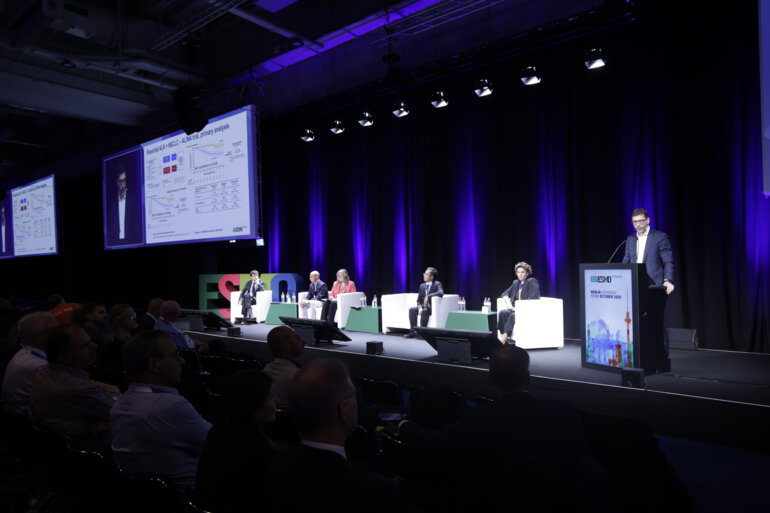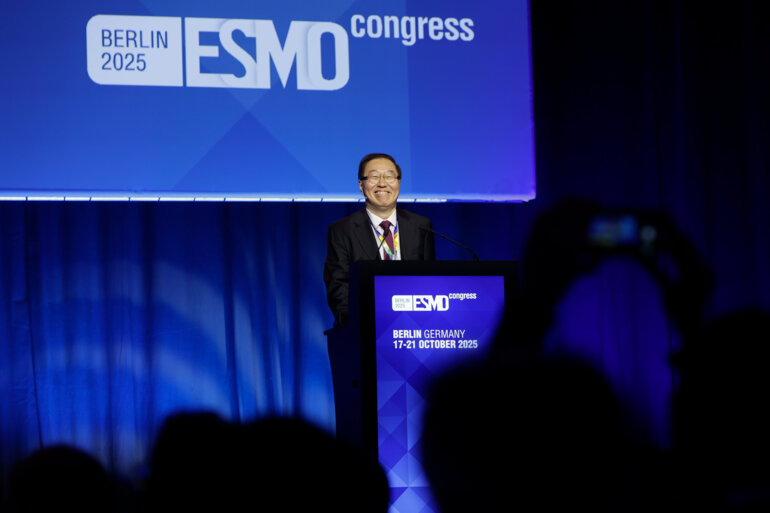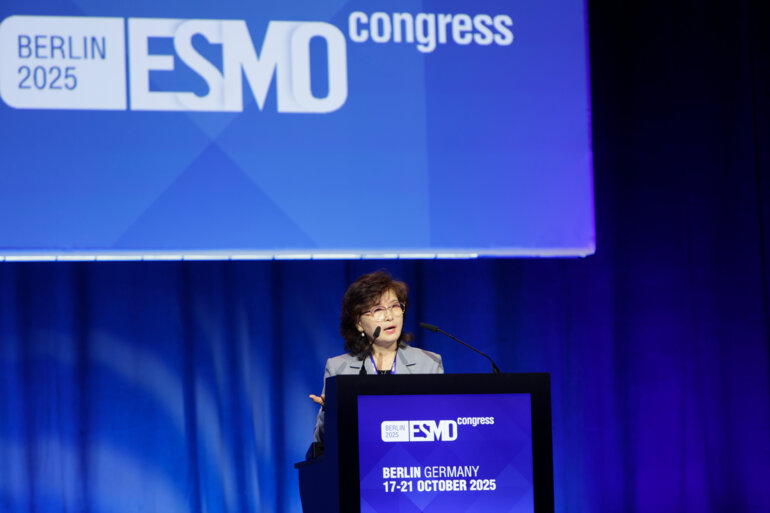Findings from the NeoADAURA and the CheckMate 816 provide novel insights on the role of neoadjuvant osimertinib and nivolumab in the perioperative setting
Whereas the perioperative therapeutic landscape in EGRF-mutated and non-oncogene-driven non-small cell lung cancer (NSCLC) continues to evolve, study findings recently reported at the 2025 ASCO Annual Meeting adds to our current knowledge on how to integrate targeted and immunotherapy agents in the treatment planning. However, some key questions still remain unanswered.
NeoADAURA is a phase III, three-arm, randomised trial that examined neoadjuvant osimertinib, with or without platinum-pemetrexed chemotherapy, in patients with resectable, EGFR-mutated stage II–IIIB NSCLC (J Clin Oncol 43, 2025;suppl 16; abstr 8001). Among 358 participants who received at least nine weeks of pre-operative therapy, surgery proceeded in over 90% of cases across all arms. Neoadjuvant osimertinib plus chemotherapy and osimertinib monotherapy each produced a major pathological response in roughly one quarter of patients, compared with 2% for chemotherapy alone (with odds ratios of19.8 and 19.3, respectively; p < 0.0001 for both). Event-free-survival data remain immature but favour the osimertinib-containing arms. No new safety signals emerged; grade ≥ 3 adverse events were observed in 36 % of patients on the combination treatment and 13% on osimertinib monotherapy versus 33% with chemotherapy.
These findings support the incorporation of neoadjuvant osimertinib, with or without chemotherapy, into treatment planning for EGFR-mutated stage II–IIIB disease as one of the possible options. However, they also raise several questions, particularly regarding the role of a major pathologic response (MPR) as a primary endpoint and the use of chemotherapy. Notably, patients in the chemotherapy arm did not receive adjuvant osimertinib, and MPR rates are generally higher with chemotherapy in this setting than what was observed in the trial.
Also presented at the congress, CheckMate 816 provided the final overall-survival (OS) analysis of neoadjuvant nivolumab plus platinum-based chemotherapy versus chemotherapy alone in resectable NSCLC without EGFR or ALK alterations after a median follow-up of 68 months (J Clin Oncol 43, 2025;suppl 17; abstr LBA8000). Three preoperative cycles of the immunochemotherapy regimen conferred a significant survival advantage: median OS was not reached in the experimental arm versus 73.7 months in the control arm (hazard ratio, 0.72; P = 0.0479), with five-year survival rates of 65% and 55%, respectively. Benefit was consistent across PD-L1 expression levels, disease stages and histologies. Patients achieving a pathological complete response with nivolumab plus chemotherapy had a five-year survival rate of 95% and approximately a 90% risk reduction in mortality compared with non-responders. Five-year event-free survival also favoured the experimental arm (49% vs 34%). Long-term follow-up revealed no new safety concerns, reinforcing a paradigm shift in which a short neoadjuvant course of nivolumab-based therapy provides durable survival gains in resectable NSCLC lacking actionable genomic drivers.
The fact that CheckMate 816 is positive in terms of OS like the Keynote 671 study in the perioperative setting (N Engl J Med. 2023 Aug 10;389(6):491-503) makes the role of adjuvant therapy controversial. However, despite its positive outcomes, the trial remains a unique but relatively small study compared to a growing number of larger studies in the perioperative setting.







